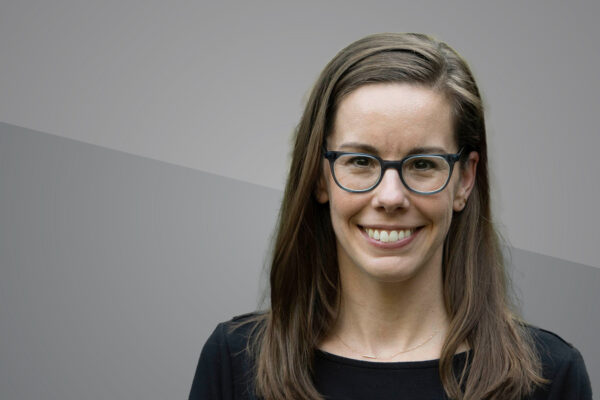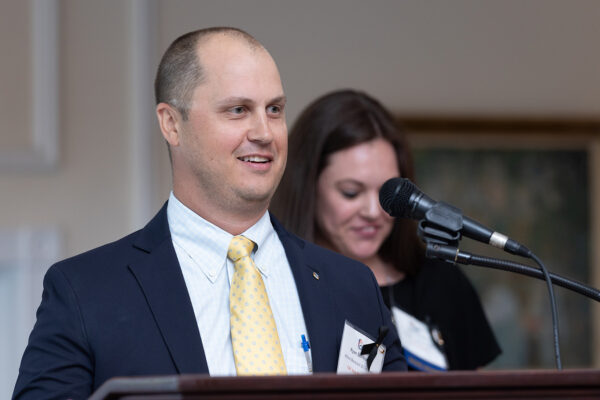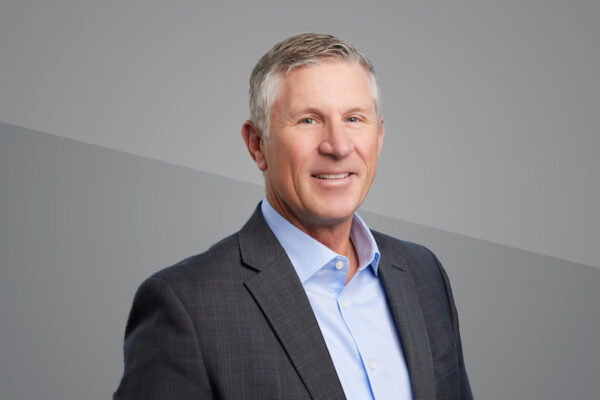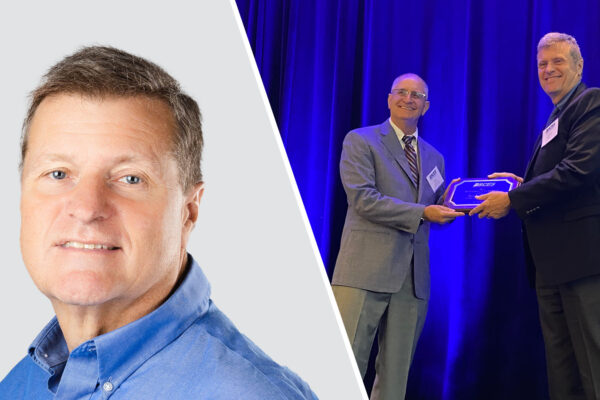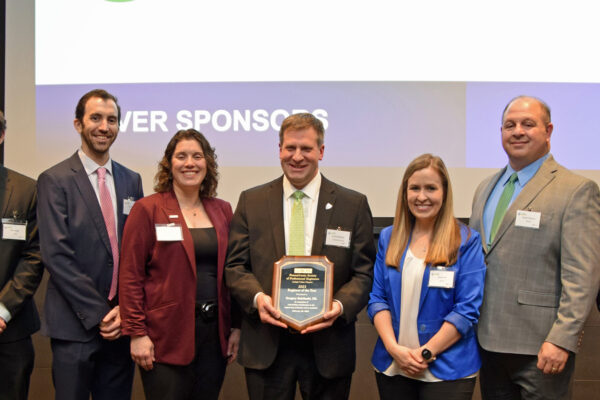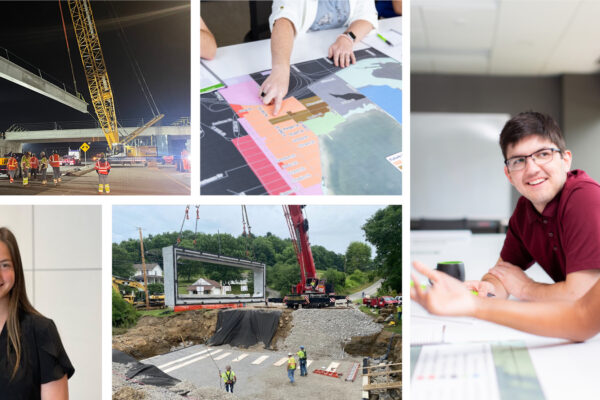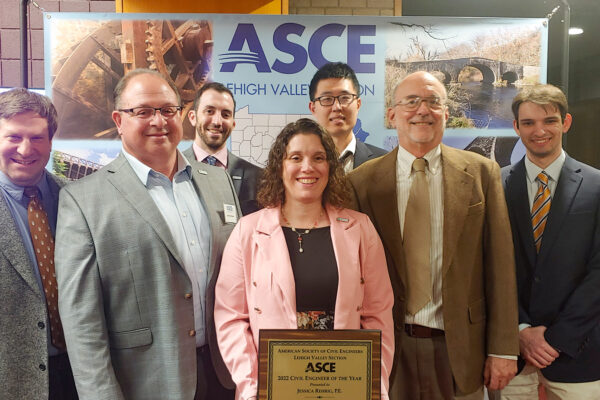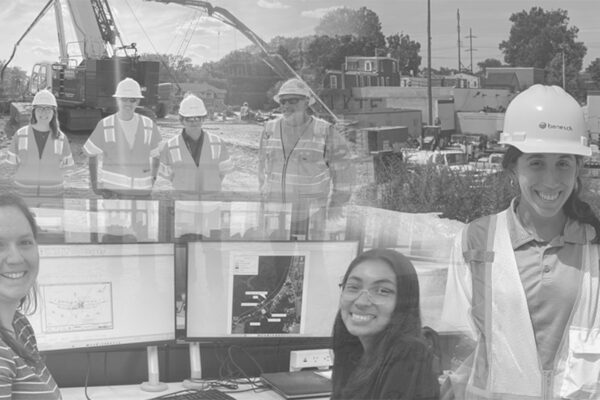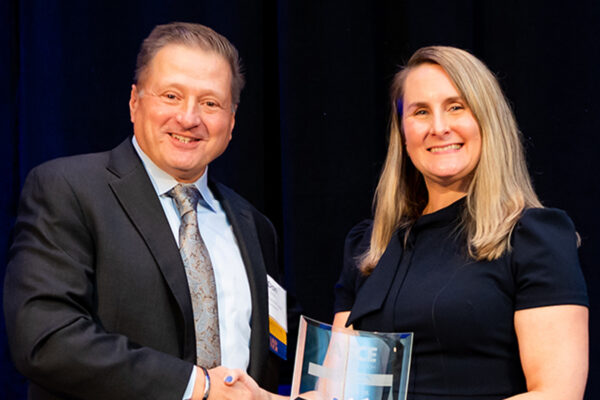Urban Planning Students Explore the Power of Microtransit in Jacksonville, FL
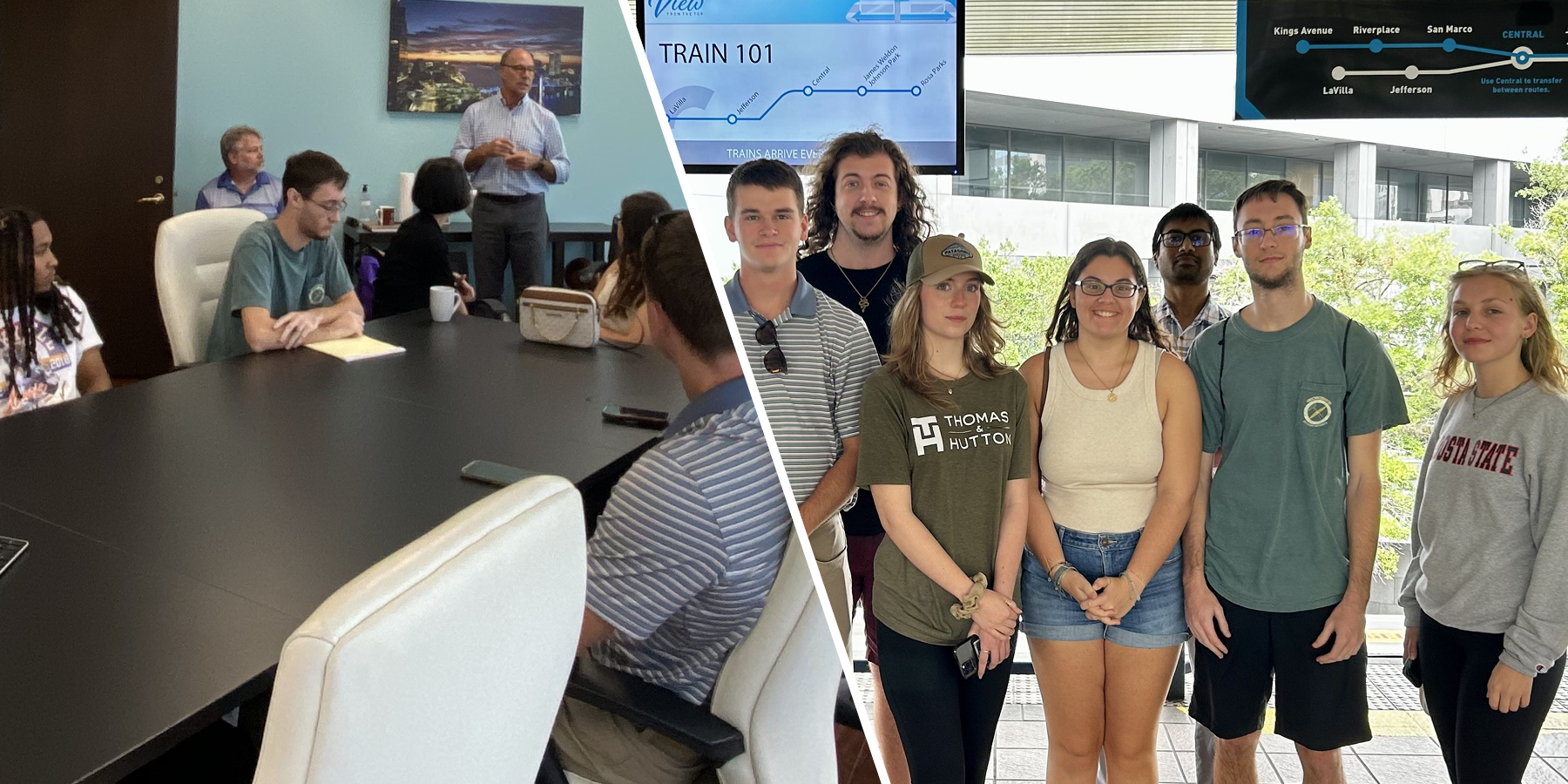
JACKSONVILLE, FL – Students from Valdosta State University recently learned how a unique form of transit is revolutionizing mobility for individuals living in suburban areas. Randy Farwell, a Senior Project Manager and Transit Specialist, hosted the urban planning class in Benesch’s Jacksonville office to share his insights on the powerful impact of microtransit.
Calling on his 37 years of transportation experience, Randy’s presentation focused on the mobility challenges faced by suburban populations. “The most vulnerable populations in the U.S. are located in suburban areas where access to mobility is limited or nonexistent,” said Randy. “These mobility challenges particularly affect low-income individuals, minorities, seniors and people with disabilities.”
Also known as Mobility-on-Demand (MOD), microtransit is becoming an increasingly popular solution to these mobility access issues. Randy explained that microtransit offers curb-to-curb rides within specified service zones, similar to other app-driven services like Uber or Lyft. Riders are then able to access fixed routes through mobility hubs for trips to destinations outside of an MOD zone, such as to employment centers, downtown areas, retail districts and medical facilities.
“Implementing MOD within a community requires a wide range of expertise,” Randy explained. “Consultants need to be able to assist transit agencies with identifying markets and defining the services that are required—understanding the fundamentals of traditional transit planning and how that fits into the bigger picture for community mobility is essential. Not to mention, assisting with procuring software and transportation vendors that will translate into a successful functioning app.”
To illustrate the power of microtransit, Randy shared several successful projects with the students to help them see the real-world application of this technology and the positive impact it has on ridership.
Benesch has worked with agencies across the country to identify MOD opportunities that improve access to mobility. In collaboration with Sarasota County’s transit agency, Benesch conducted a Mobility Optimization Study, which involved optimizing the transit network by eliminating unproductive fixed routes and streamlining route assignments. Benesch also developed shared-ride point-to-point MOD solutions. The result: a significant increase in ridership in the first year, with over 50,000 trips per month. People with disabilities constituted 20% of ridership, reducing the net operating cost per trip by shifting paratransit trips to the MOD service.
Randy also discussed a project in Palm Beach County, where Benesch undertook a transit network redesign and implemented a MOD service strategy to enhance mobility for suburban communities in the area. Benesch created the operating model and procurement specifications for the software used to run the algorithms that operate and manage the service. The project boosted monthly ridership by more than 50% and successfully shifted half of paratransit trips to the MOD service.
“Implementing MOD within a community requires a wide range of expertise,” Randy explained. “Consultants need to be able to assist transit agencies with identifying markets and defining the services that are required—understanding the fundamentals of traditional transit planning and how that fits into the bigger picture for community mobility is essential. Not to mention, assisting with procuring software and transportation vendors that will translate into a successful functioning app.”
To illustrate the power of microtransit, Randy shared several successful projects with the students to help them see the real-world application of this technology and the positive impact it has on ridership.
Benesch has worked with agencies across the country to identify MOD opportunities that improve access to mobility. In collaboration with Sarasota County’s transit agency, Benesch conducted a Mobility Optimization Study, which involved optimizing the transit network by eliminating unproductive fixed routes and streamlining route assignments. Benesch also developed shared-ride point-to-point MOD solutions. The result: a significant increase in ridership in the first year, with over 50,000 trips per month. People with disabilities constituted 20% of ridership, reducing the net operating cost per trip by shifting paratransit trips to the MOD service.
Randy also discussed a project in Palm Beach County, where Benesch undertook a transit network redesign and implemented a MOD service strategy to enhance mobility for suburban communities in the area. Benesch created the operating model and procurement specifications for the software used to run the algorithms that operate and manage the service. The project boosted monthly ridership by more than 50% and successfully shifted half of paratransit trips to the MOD service.
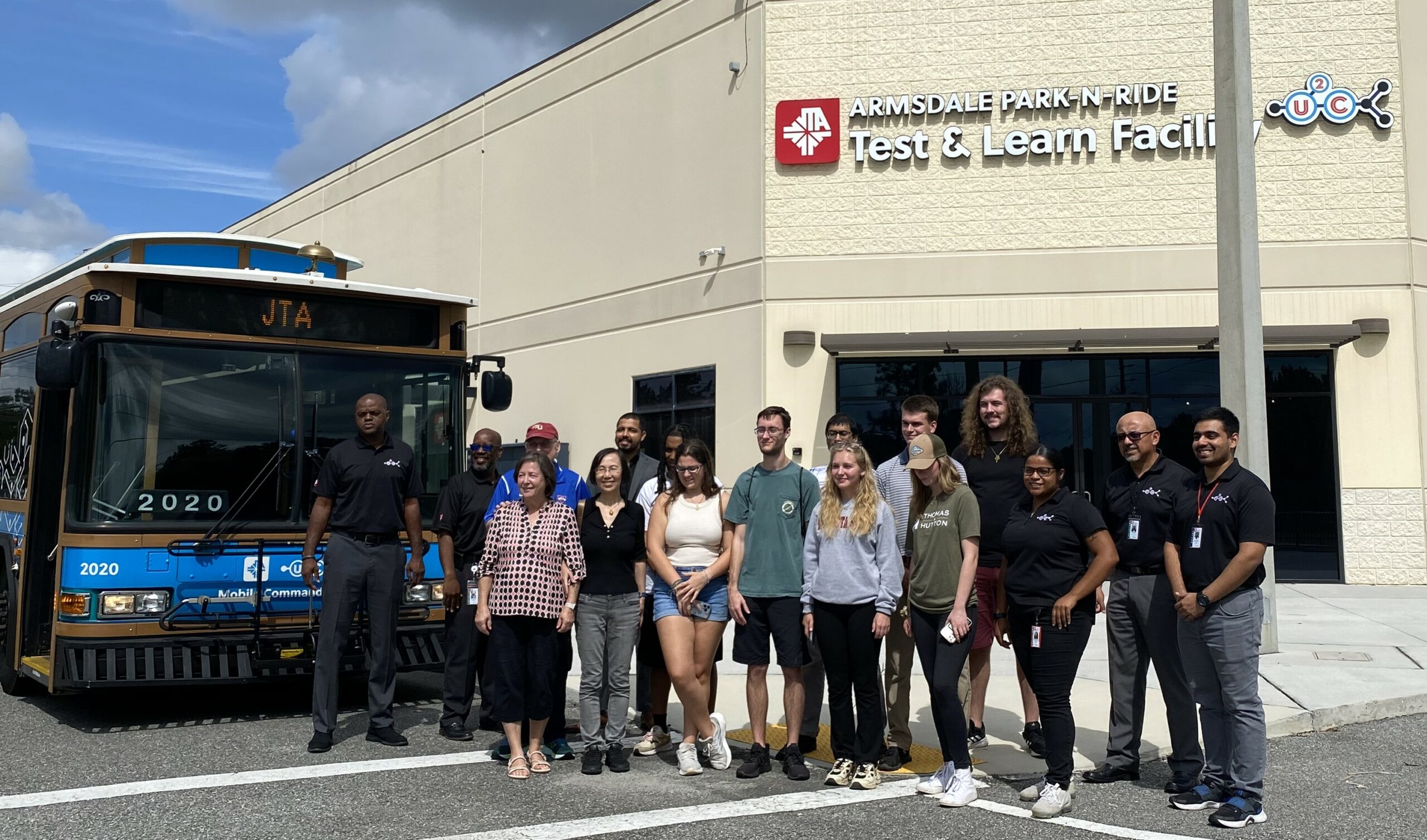
“It’s always inspiring to see students take an interest in transit—especially in the planning field, where it is so vital to the continued equitable growth and connection with communities,” said Randy. “I love sharing my expertise—maybe some of these students will intern, or even come to work at Benesch one day!”
Randy’s enthusiasm for inspiring students reflects Benesch’s commitment to supporting future generations. Our employees continuously seek out opportunities to connect with their communities and share their expertise. Benesch employees seek to inspire the next generation and foster future talent.

